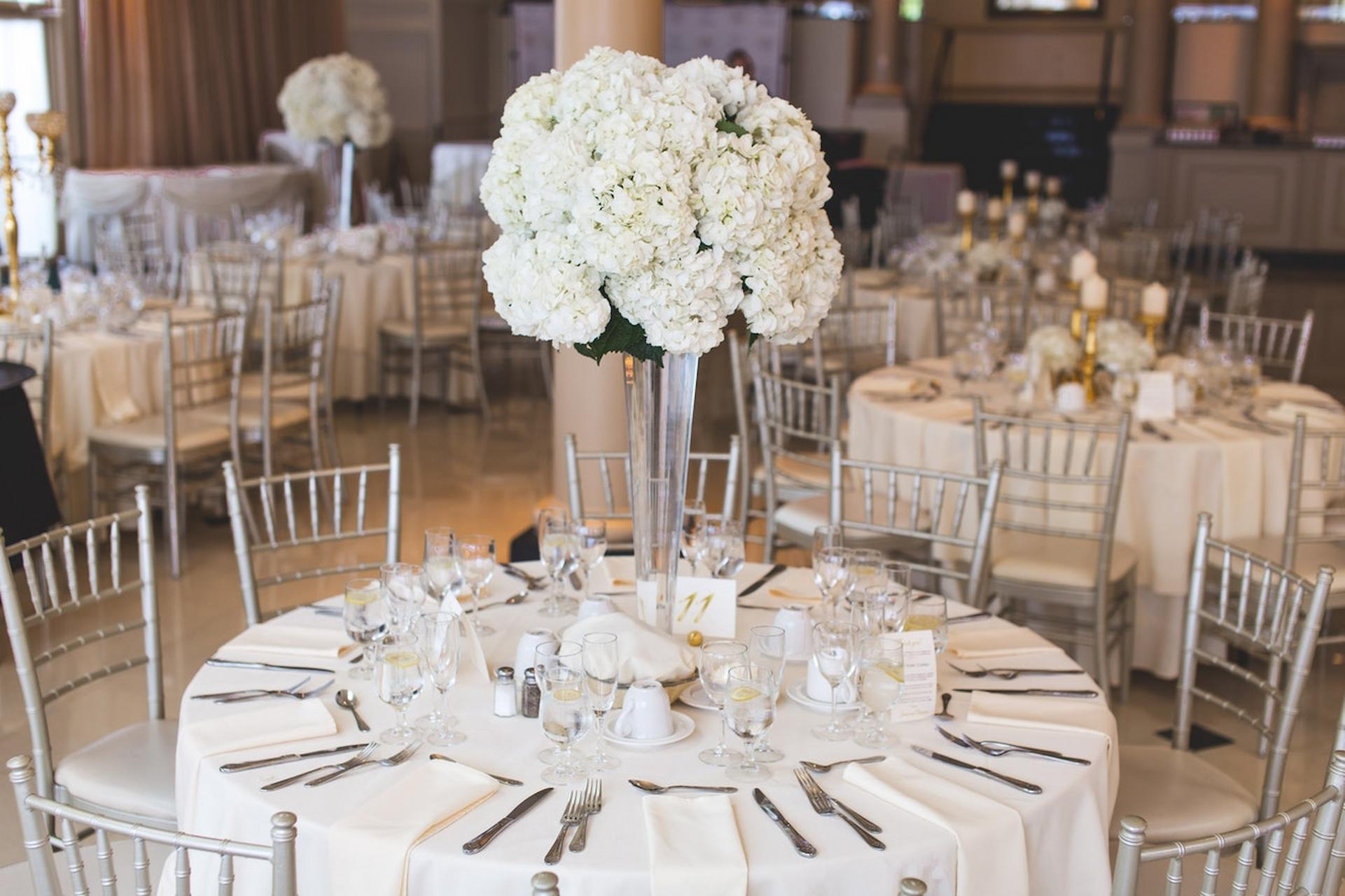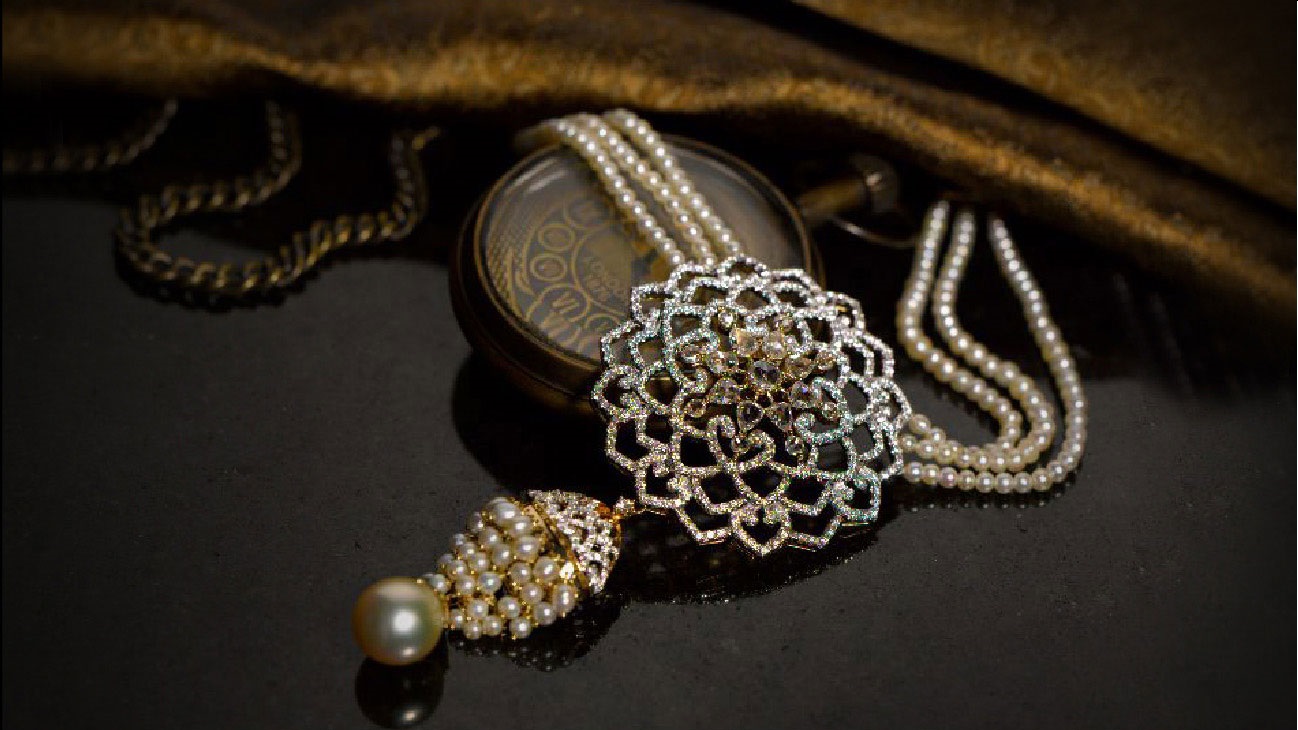In today’s digital world, dating has taken many forms. While some people are open about their relationships, others prefer to keep things more private. Discreet dating is a choice some people make for personal reasons, whether it’s to protect their privacy, manage complicated situations, or simply because they value their independence.
Whether you’re single or in a committed relationship, discreet dating is about maintaining personal space while exploring connections. This post will explain what discreet dating means and offer helpful tips for staying safe and private while doing it.
What Is Discreet Dating?
Discreet dating refers to keeping your romantic interactions private. This doesn’t always mean secrecy or hiding something wrong—it can simply mean protecting your personal life from public attention. People choose discreet dating for many reasons, including:
- Wanting to avoid gossip or judgment
- Being in a complicated relationship
- Wanting to explore connections quietly
- Protecting their job or public image
- Being newly separated or not ready for a public relationship
Whatever the reason, being discreet doesn’t mean dishonest—it’s about managing your relationships with care and respect.
Why People Choose Discreet Dating
Before jumping into how to stay safe and private, it helps to understand why some people feel more comfortable dating quietly. Here are a few common reasons:
- Personal Privacy
Some individuals are naturally private and don’t like sharing personal matters with others. Discreet dating allows them to explore connections without interference or unwanted opinions.
- Sensitive Situations
Sometimes, people are not entirely separated from a previous relationship or have personal issues. In such cases, keeping a low profile allows time and space to manage emotions without extra stress.
- Social or Cultural Pressures
In certain cultures or communities, dating may not be openly accepted. Discreet dating allows people to connect without going against their values or facing judgment.
- Public Image or Career
For individuals in the public eye or professional roles, dating openly can cause unnecessary attention. Staying private helps them focus on building genuine connections without distractions.
Staying Safe While Dating Discreetly
Being discreet doesn’t mean ignoring safety. When you’re keeping things private, looking after your well-being is even more important. Here are practical tips to help you stay safe:
- Use Trusted Platforms
Start with safe and well-known dating platforms. These often have better privacy controls and safety features. Avoid using random apps or websites where anyone can sign up without verification.
Look for features such as:
- Two-factor login security
- Option to block or report users
- Profile privacy settings
- Limited personal information sharing
- Protect Your Personal Information
Avoid sharing full names, addresses, phone numbers, workplace details, or other sensitive information in the early stages. If needed, use a separate email address or phone number for dating purposes.
Even small details can give away your identity, especially in smaller communities. Always pause before posting or saying anything that could be traced back to you.
- Be Careful with Photos
Images can reveal more than you think. A background, location, or even a small object in a photo can give clues about where you live or work. Share pictures wisely and avoid sharing intimate or overly personal images with someone you don’t fully trust.
Also, remember that once a photo is sent, you lose control over it. If someone pressures you to share personal pictures, it’s a red flag.
- Keep Communication Clear and Respectful
Make sure both parties understand the need for discretion from the start. Being upfront helps avoid confusion or crossed lines later on.
Use communication apps that offer encryption and privacy features. Avoid logging in on shared devices or public Wi-Fi where conversations can be tracked.
- Plan Safe Meeting Spots
If you’re meeting someone in person, choose public places such as cafes, restaurants, or parks. Avoid inviting them to your home or going to theirs until you feel comfortable and trust has been built.
Let a trusted friend or family member know where you’re going and when you expect to be back—even if you don’t share complete details about your date.
- Trust Your Instincts
Your gut feeling matters. If something doesn’t feel right—how someone talks to you, pressures you, or changes their behaviour suddenly—listen to that feeling. Discreet dating should never come at the cost of your emotional or physical safety.
- Avoid Mixing Discretion with Dishonesty
There’s a difference between keeping something private and being dishonest. If you’re in a committed relationship, be honest about your intentions and the possible consequences of dating discreetly. Respect is key—for yourself and others involved.
Managing Digital Footprints
Online activity leaves traces. If you’re serious about keeping your dating life private, you’ll want to manage your digital presence carefully. Here’s how:
- Log out of accounts on shared devices.
- Avoid connecting social media to dating profiles.
- Use private browsing modes when using dating sites or apps.
- Be mindful of screenshots—some apps alert users when screenshots are taken, but most do not.
If you’re worried about others accessing your chats or apps, consider using additional privacy locks or hidden app folders.
Talking About Discretion with Your Date
Discussing boundaries is one of the more awkward but necessary parts of discreet dating. Some questions to consider:
- What level of privacy do you both want?
- Are you comfortable being seen in public together?
- Are there certain times or places you prefer to avoid?
- Will you share details with close friends or not at all?
Having this conversation early can help you both feel more comfortable and aligned.
Emotional Health and Discreet Dating
Focusing only on safety and privacy is easy, but emotional wellbeing matters too. Discreet dating can sometimes feel isolating, especially if you’re unable to talk to anyone about your relationship. Here’s how to keep things balanced:
- Set boundaries: Know what you’re comfortable with and communicate it.
- Check in with yourself: Ask if the connection makes you feel valued, respected, and happy.
- Don’t ignore red flags: If someone uses ” discreet ” to manipulate or control, that’s a problem.
Remember, your privacy is important—but so is your peace of mind.
When Discreet Becomes Secretive
It’s worth noting the line between privacy and secrecy. However, privacy is a choice based on comfort and safety. Secrecy often involves hiding things out of fear, guilt, or shame.
If you find yourself constantly lying, covering up details, or feeling trapped in the situation, it’s worth taking a step back. Ask yourself why you’re dating this way and whether it’s still healthy.
Final Thoughts
Discreet dating is a personal choice that can work well when approached with care, honesty, and respect. Whether trying to keep things quiet for emotional, social, or practical reasons, staying safe and maintaining your boundaries should always come first.
It’s important to understand your own reasons, communicate clearly, and ensure that your actions reflect your values. Being private doesn’t mean being dishonest—it means protecting your space in a world where everything is often made public.
With the right mindset and safety habits, discreet dating can be a comfortable and respectful way to build meaningful connections on your terms.





